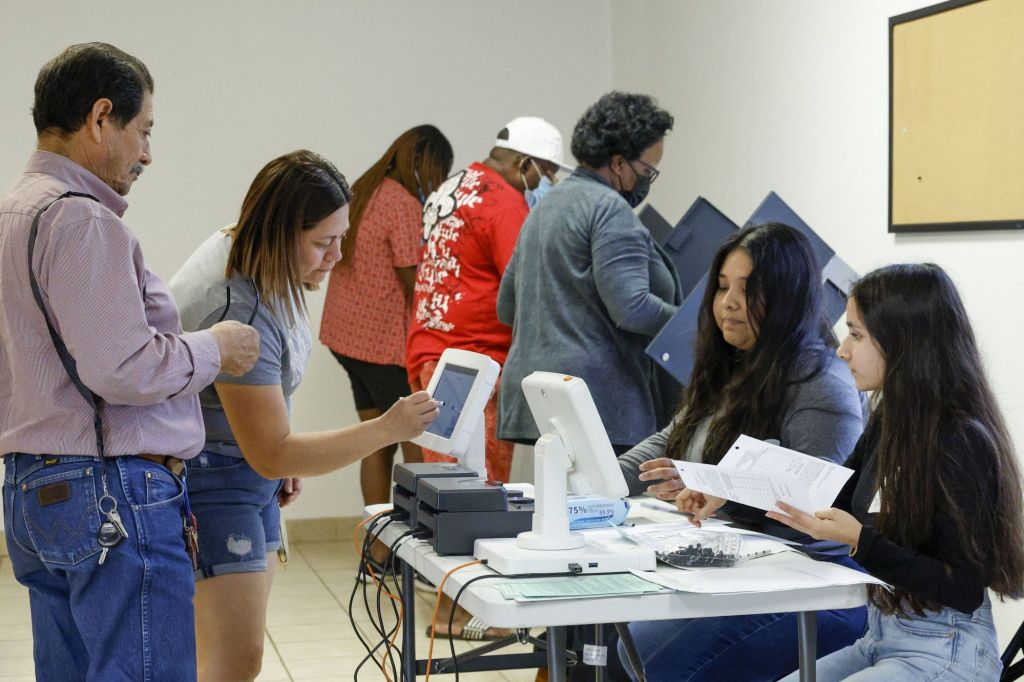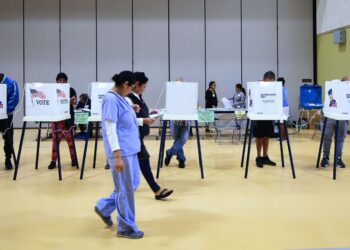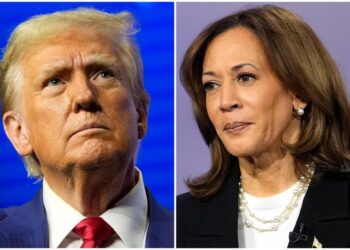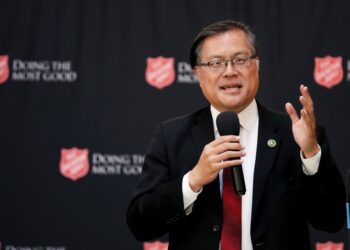With the 2024 U.S. Presidential election several months away, community groups, public officials and researchers predict an upsurge in the dissemination of false information across social media platforms – highlighting the need for enhanced fact-checking measures, particularly in Spanish media.
According to the Pew Research Center, 21 percent of U.S. Hispanic adults rely on social media for news consumption. Distinguishing between misinformation and disinformation is crucial in understanding the complexities surrounding this issue. Misinformation is sharing fake or misleading information without knowing it, while disinformation is sharing fake or misleading information on purpose.
Randy Abreu, Policy Director of the National Hispanic Media Coalition, a non-profit organization advocating for Latino representation and fair portrayals in media, highlighted a viral false claim during the COVID-19 pandemic suggesting that the COVID-19 vaccine contained government tracking microchips. This instance highlights the surge in misinformation during the pandemic, extending beyond health-related topics to encompass broader issues like immigration, climate change, and abortion.
“Another reason this is so important right now is because there are so many elections happening (in 2024), not just in the United States, but also in Latin America, so we are monitoring and anticipating a high influx of Spanish language disinformation,” said Abreu.
Media Matters found Spanish-speakers on TikTok are being targeted by conspiracy theories about climate change. A lot of these misinformation narratives are originating in Spain and other countries besides the U.S. and are reaching our communities, said Abreu.
The way these actors are reaching these communities is through what would look like a reputable media source like Voz Media, Americano Media, and El Diario Derecho, but after further examination these websites are often filled…
Read the full article here







